The 5 Greatest Japanese Racing Games of All Time (That Aren't Gran Turismo)
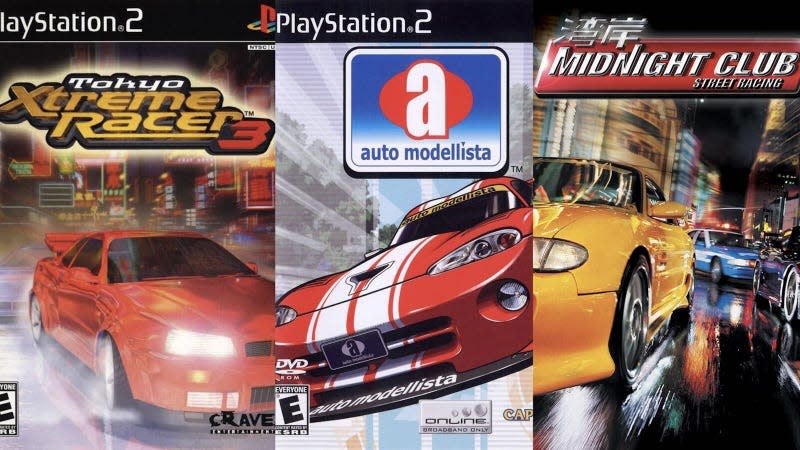
It is impossible to overstate the significance the Gran Turismo franchise has had on the American auto enthusiast scene. It’s an established institution today, but in the mid-to-late ‘90s, Gran Turismo was a phenomenon, introducing millions of U.S. gamers to cars, tracks, and even driving styles they’d never seen before.
But that significance had other effects, too. The shadow of Polyphony Digital is so big and so broad that it drove a host of other excellent games right out of the public consciousness, many dating from the same golden era of creative Playstation racing games with a JDM flair.
Read more
So, with respect to Gran Turismo, here are my five other favorite Japanese racing games and franchises, all of which are well worth your time.
Ridge Racer
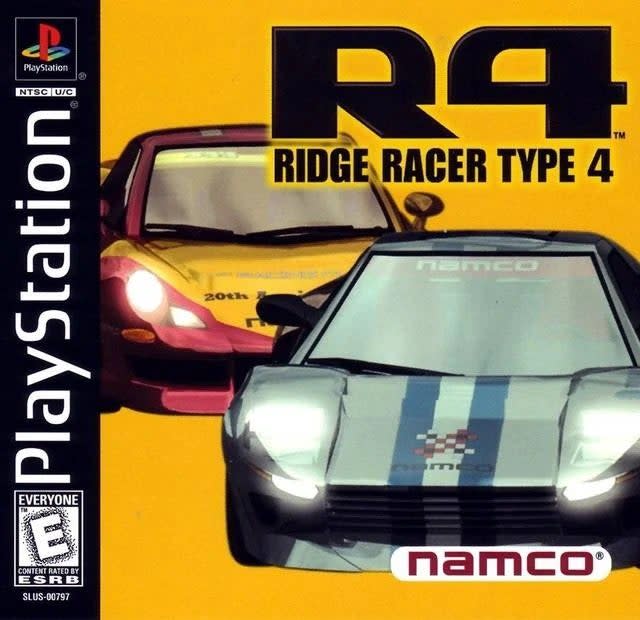
Developer: Namco
Initial release date: 1993
Before Gran Turismo was more than a glimmer in Kazunori Yamauchi’s eye, before Initial D and Tokyo Drift took touge racing mainstream, the Ridge Racer franchise was the place for sideways antics.
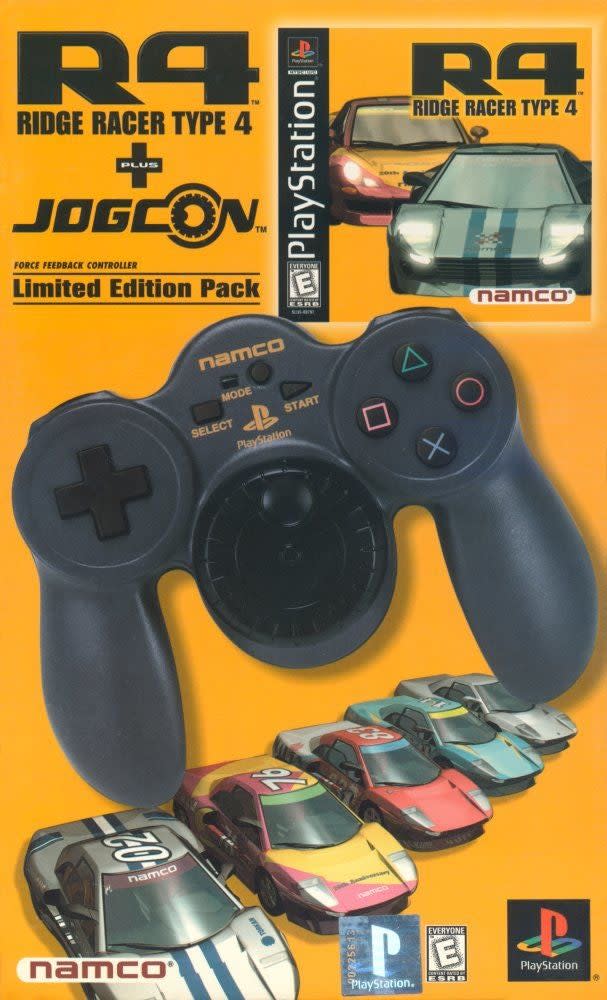
It’s hard to describe how otherworldly this game was back when it hit arcades in the early ‘90s. It had advanced 3-D graphics, cool (if unlicensed) cars, and an absolutely mind-blowing soundtrack loaded with so many high-BPM bangers I’m surprised it didn’t carry a warning from the American Heart Association.
The original game will forever be an icon, but for me it was Ridge Racer Type 4, stylized as R4, that set the high-water mark. With a full-motion-video intro that managed to be both chill and exciting, and a legendary theme song, as soon as you spun up R4 you knew you were playing something special. Plenty more Ridge Racer games have followed, but most messed with the core formula a little too much for my tastes.
R4 also introduced the JogCon controller, the first taste of force-feedback Playstation gamers would get. Like most third-party peripherals, it never saw much support, but it was an early preview of the advanced steering wheel setups that would eventually become de rigueur for serious console racing fans.
Though its cars and tracks may all be fake, Ridge Racer literally set the tone for the ‘90s racers to come.
Tokyo Xtreme Racer
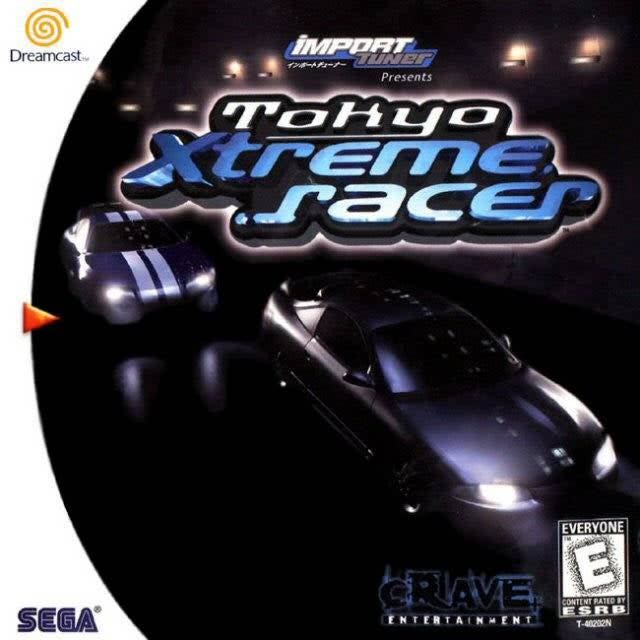
Developer: Genki
Initial release date 1994
One of the most iconic Japanese-themed racers of the early 2000s actually got its start as a Super Famicom (SNES in the US) title called Shutokō Battle ‘94. Named after the Shuto Expressway toll roads in and around Japan, the game made the most of that console’s Mode 7 capabilities to give the feel of a 3D racer on decidedly 2D hardware.
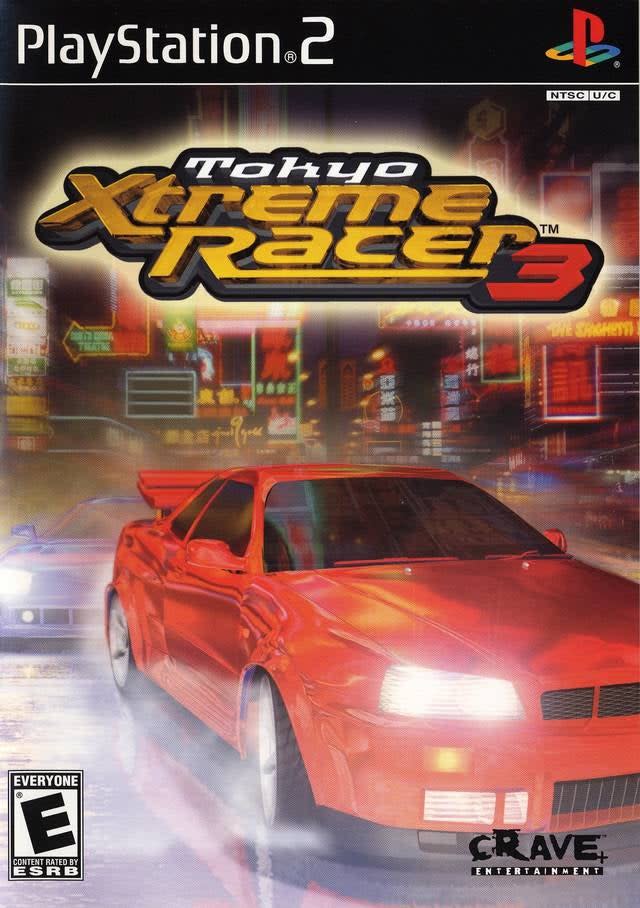
It was 1999’s Tokyo Xtreme Racer (again Shutokō Battle in Japan), a launch title for the Sega Dreamcast, which really brought the franchise to global renown. I spent so many hours drifting on the highways of Tokyo in this game that when I got to drive there for real a few years back, I was hit with the most unbelievable feeling of nostalgia, a sort of digital deja vu that made me want to drive in circles for hours.
That game will forever be my favorite, but most folks rightly consider Tokyo Xtreme Racer 3, released in 2003 for the Playstation 2, to be the peak of the franchise. It’s hard to argue otherwise, but regardless where you dive in the games offer a compelling mix of light narrative and mission-based gameplay. The goal is to chase down and beat opponents on the road. Pull up behind them, flash your lights, and it’s on.
Races aren’t races so much as they are fights, each driver having a life bar that decreases if they’re not in the lead. Hold the lead long enough and you win the fight, earning some money and cars too. There’s a good selection of real cars (though some have fake names), an incredible jazz soundtrack, and an overall unmatched experience of touring Tokyo.

 Yahoo Autos
Yahoo Autos 